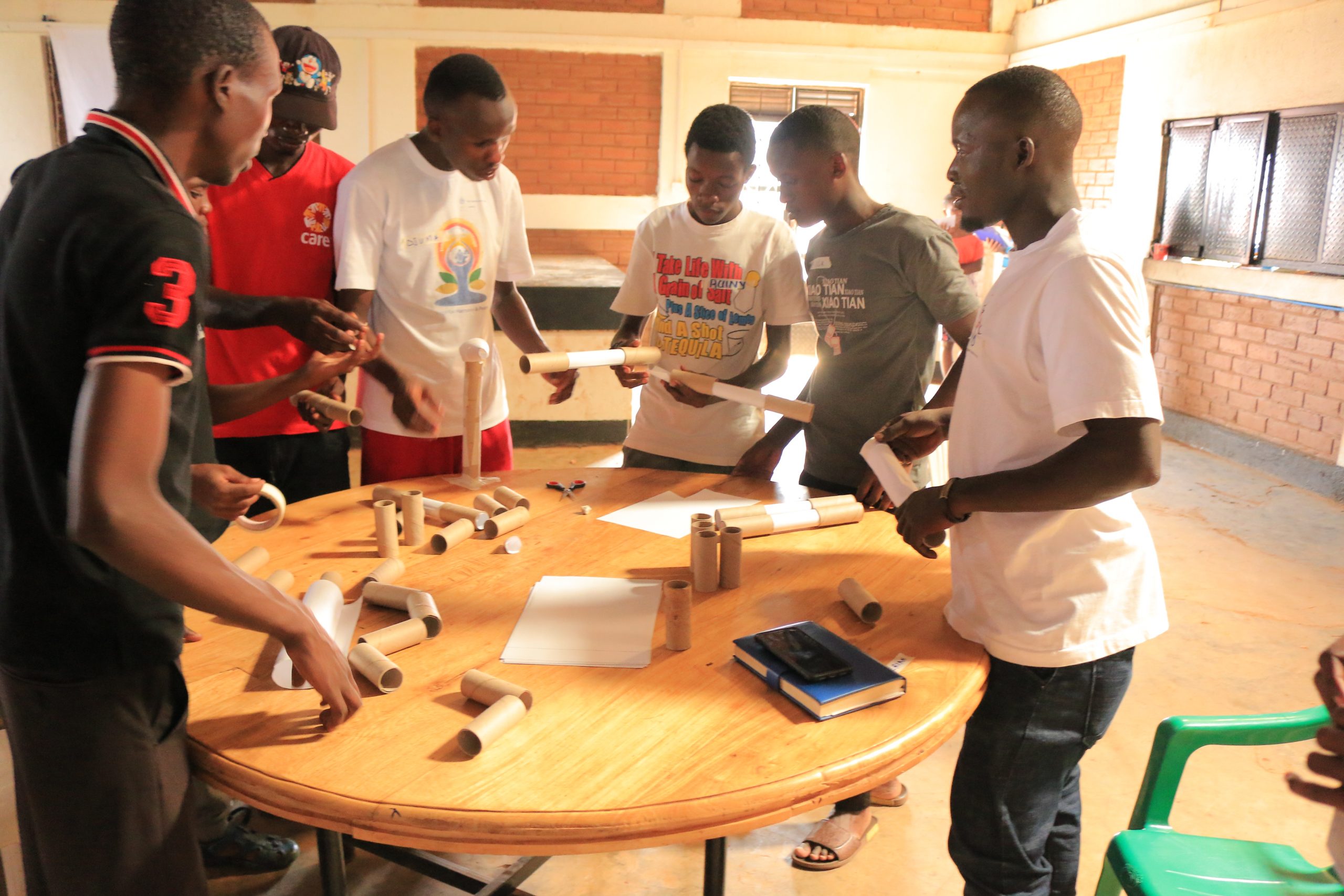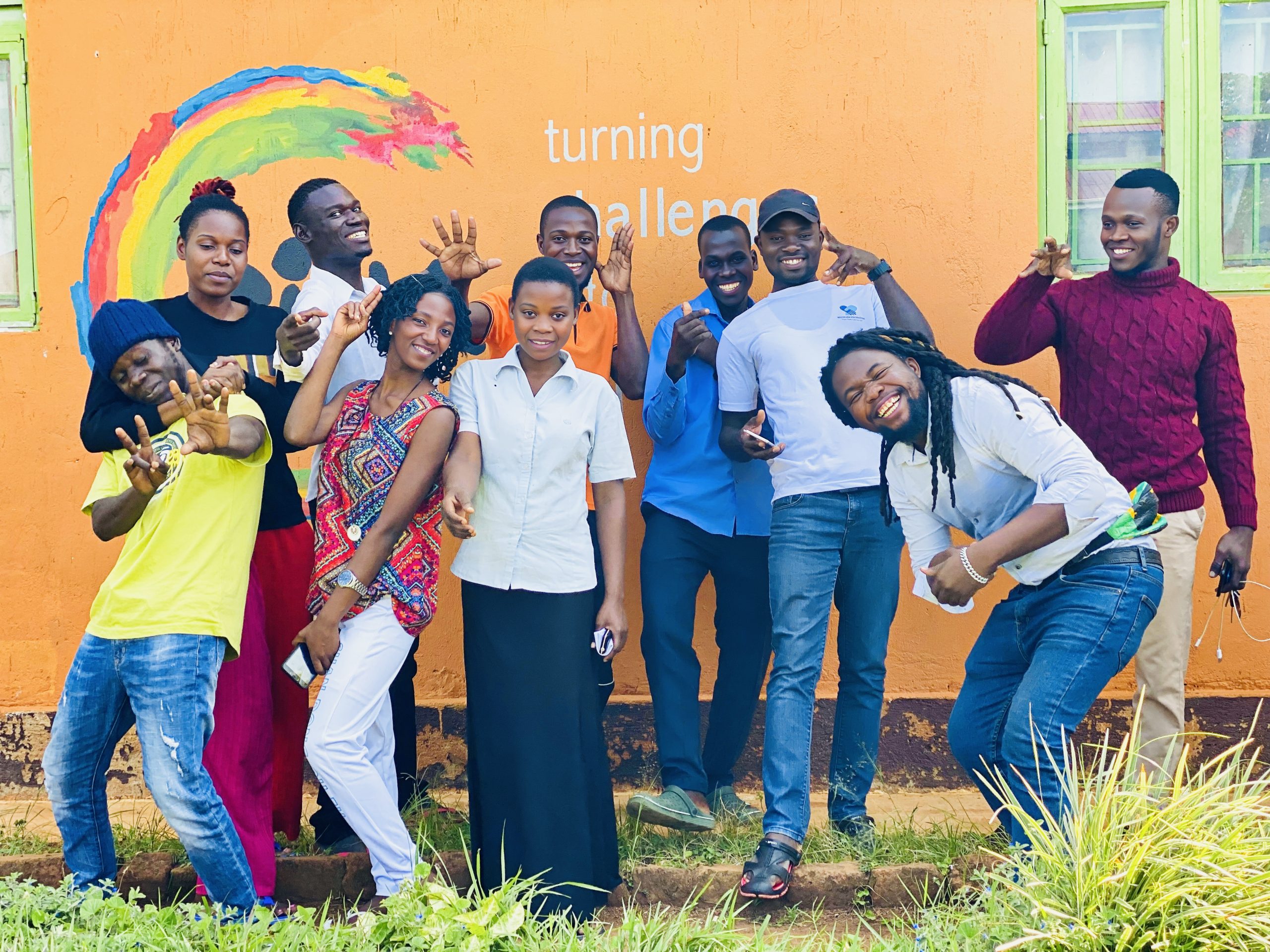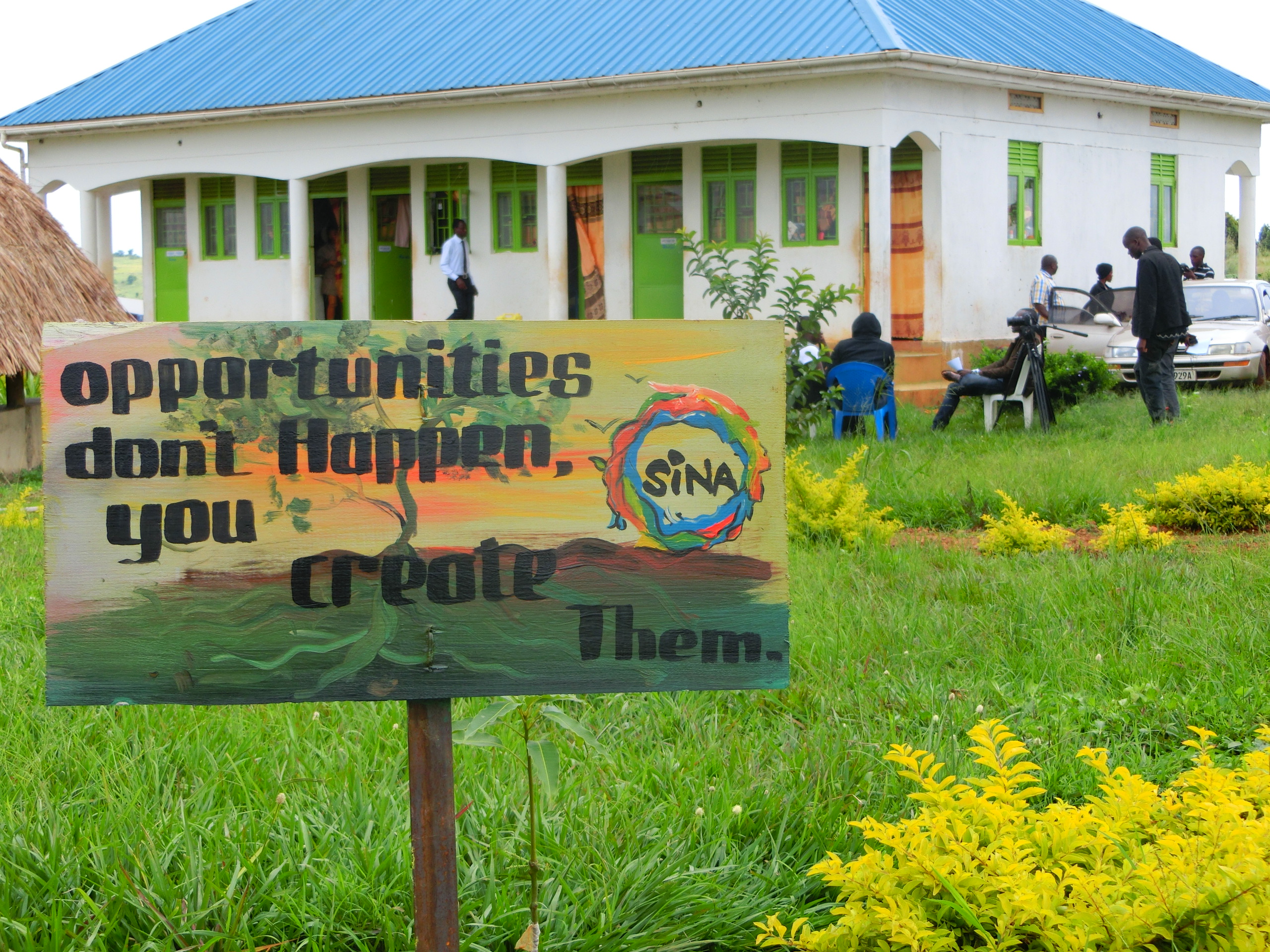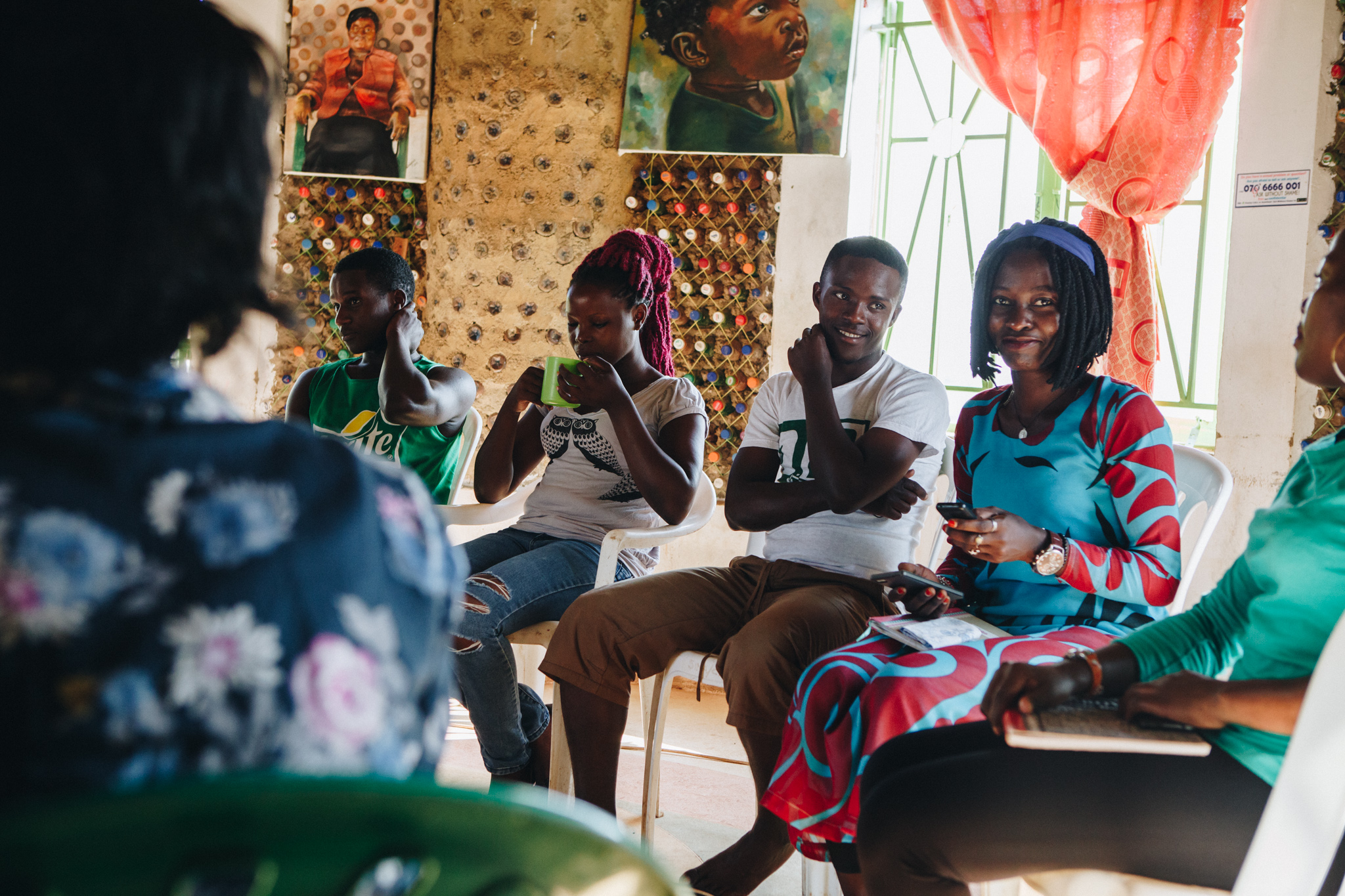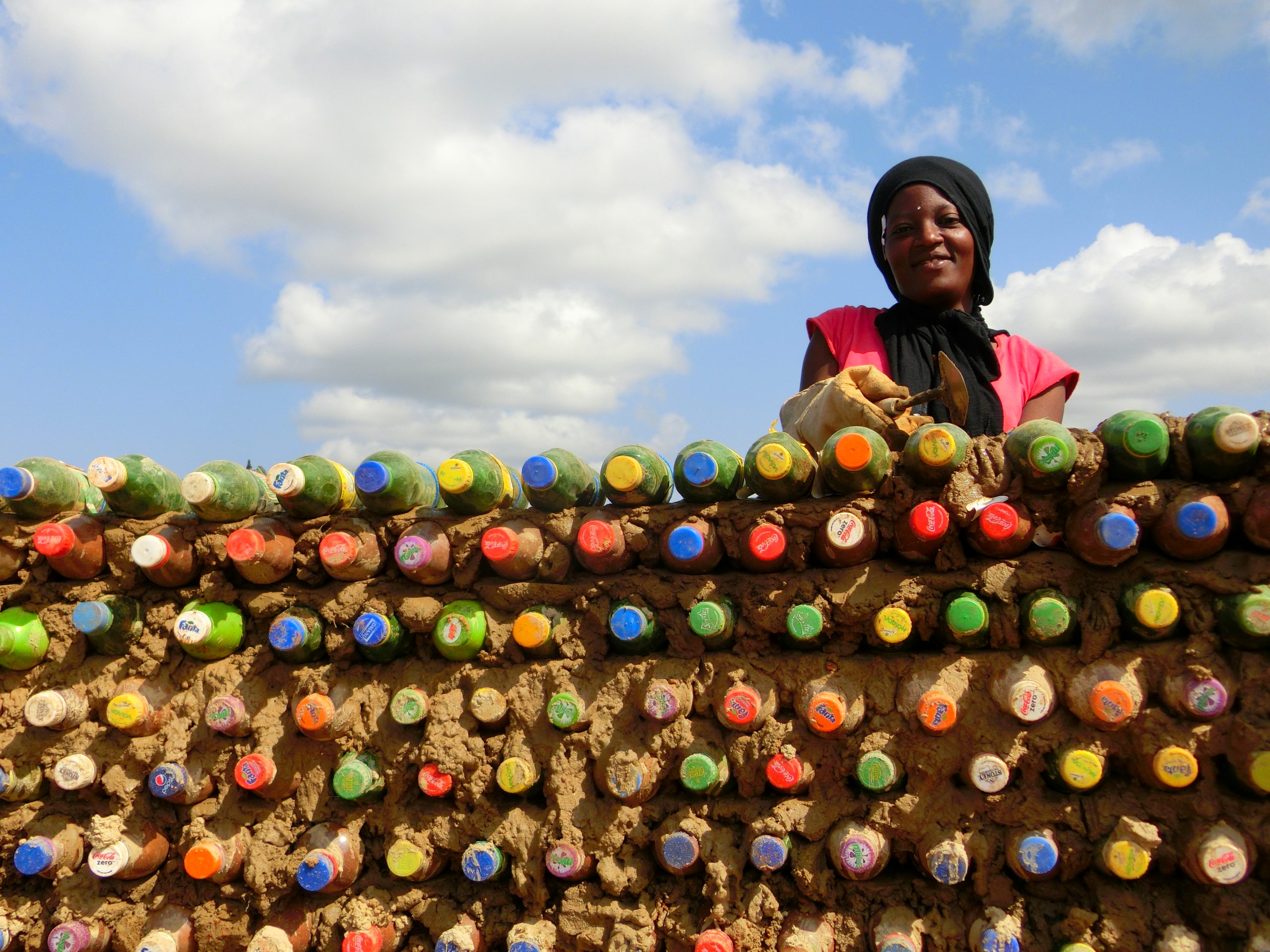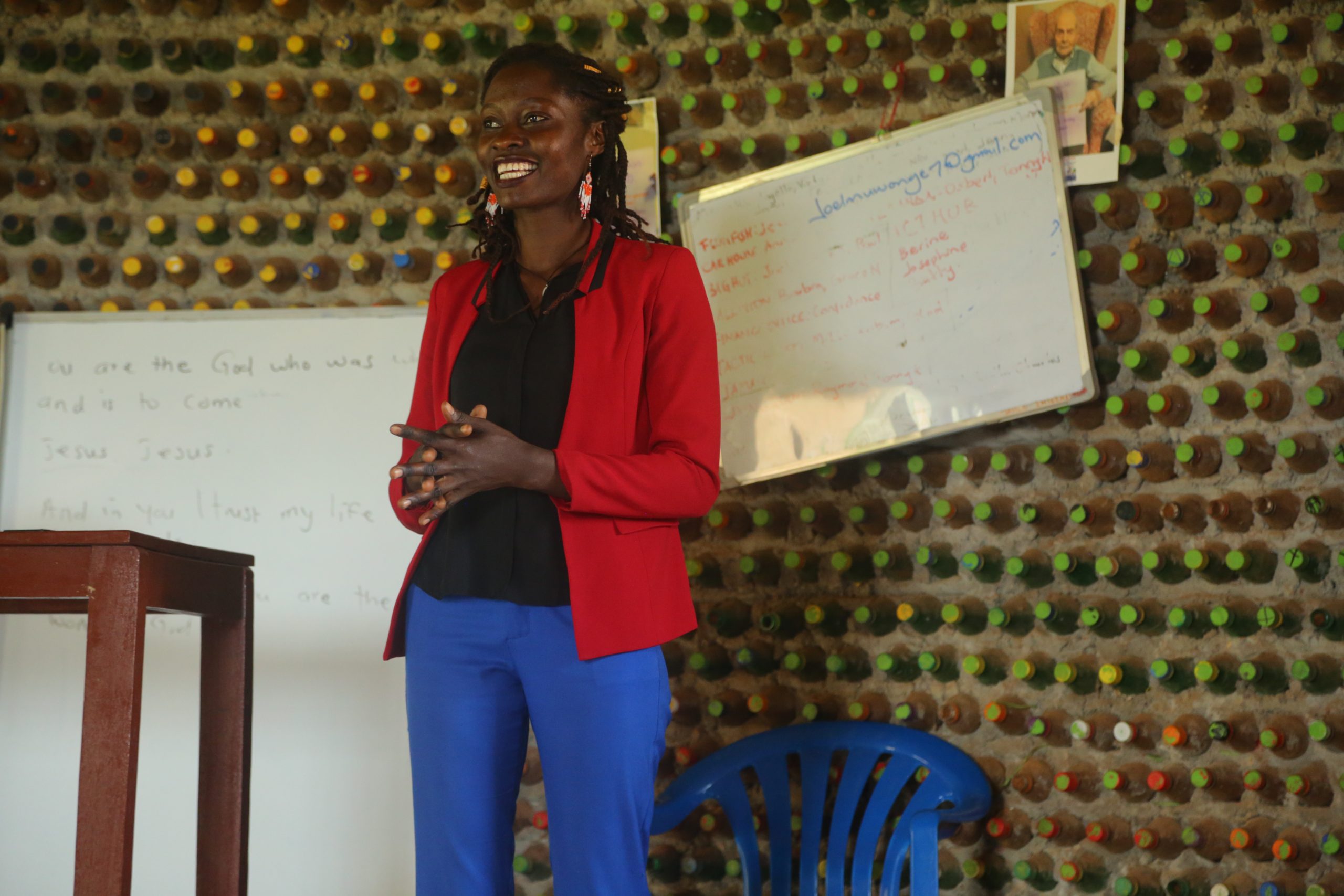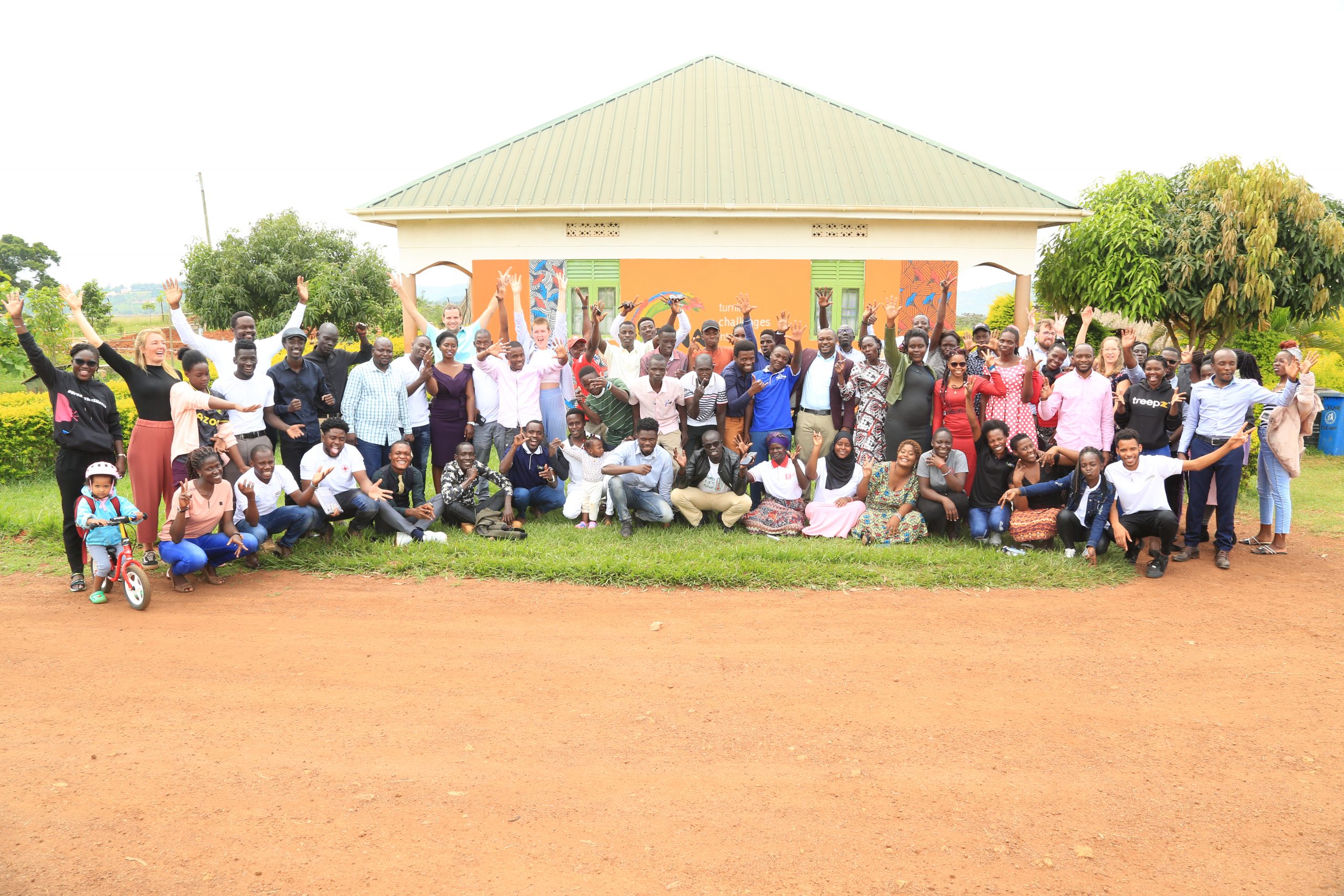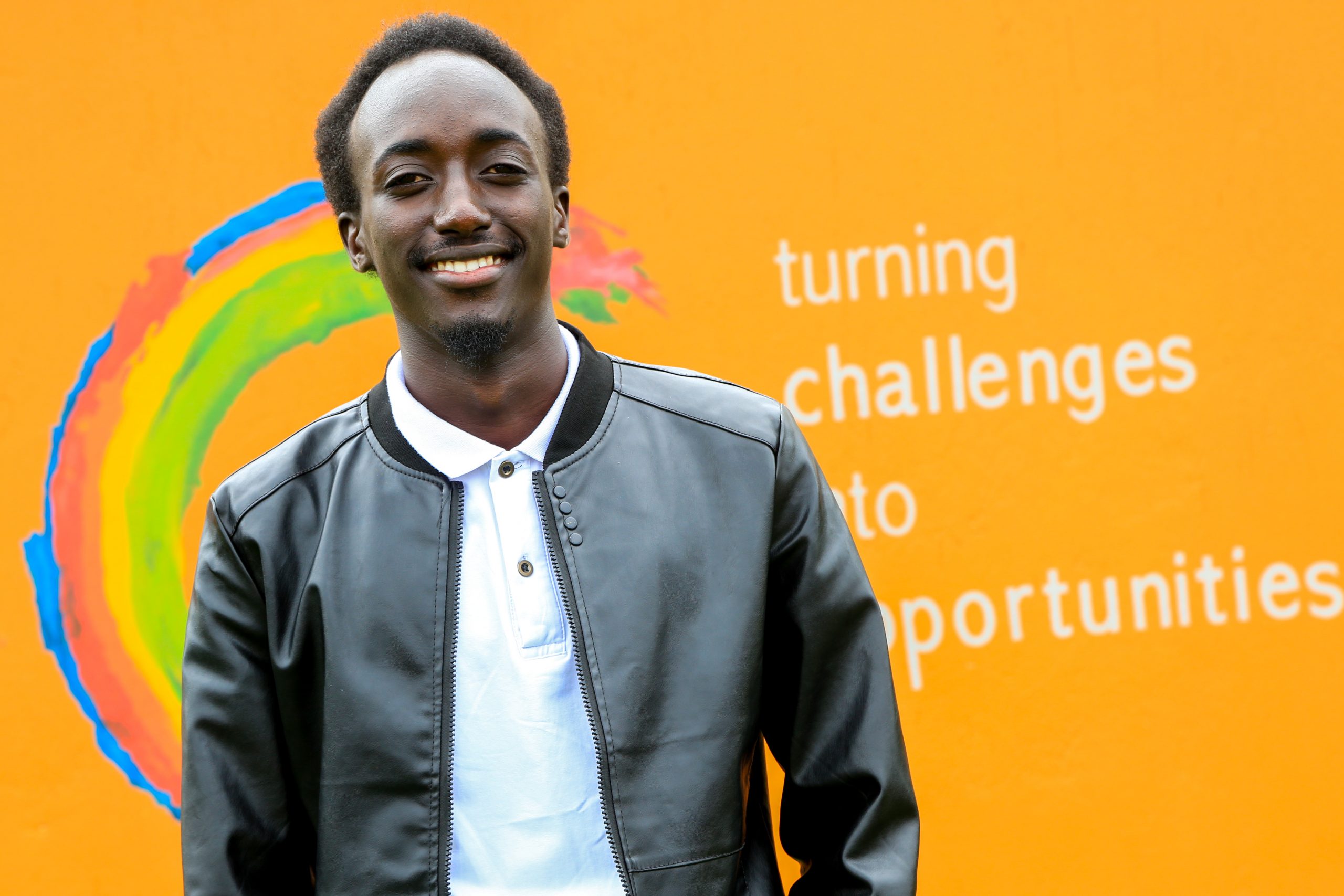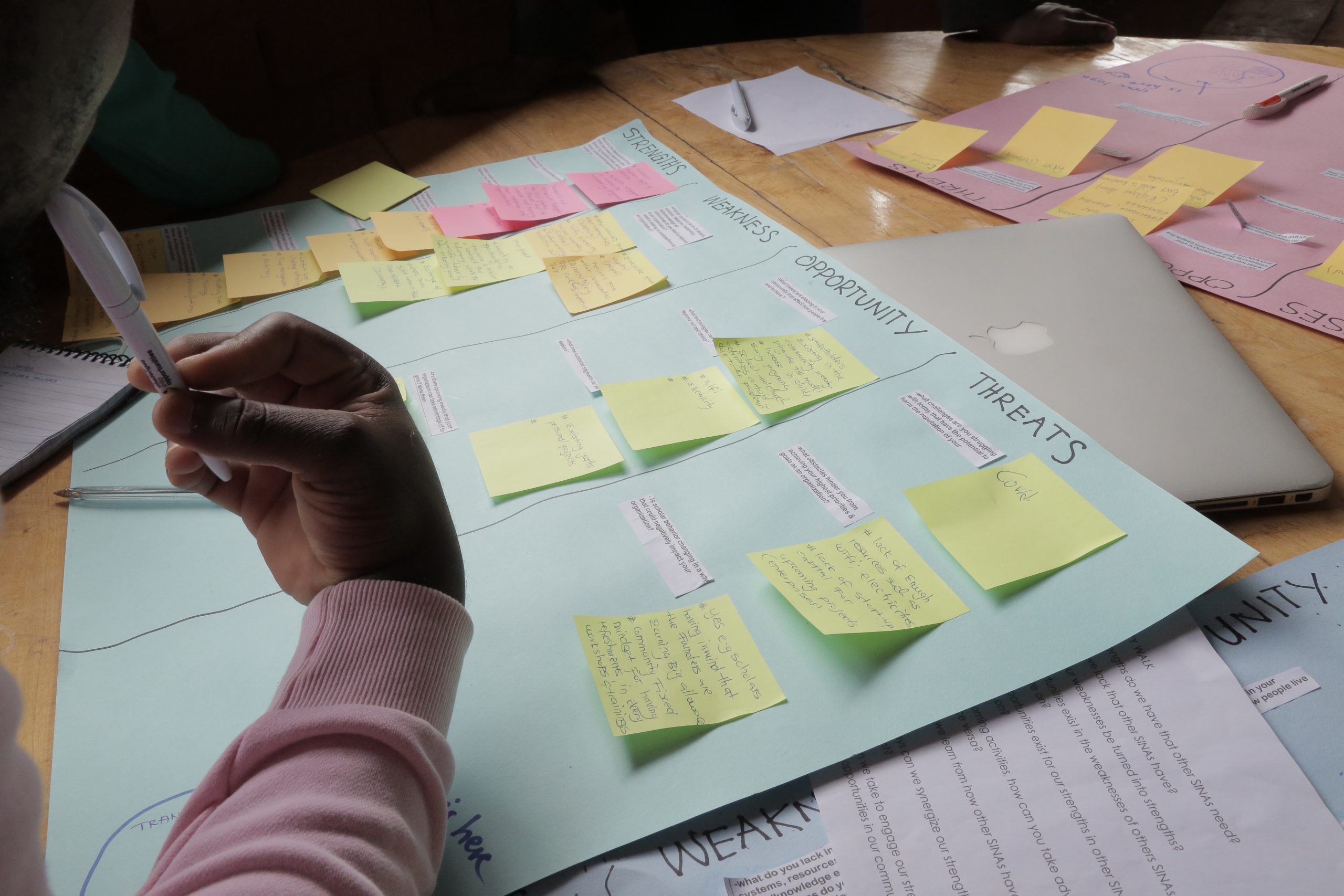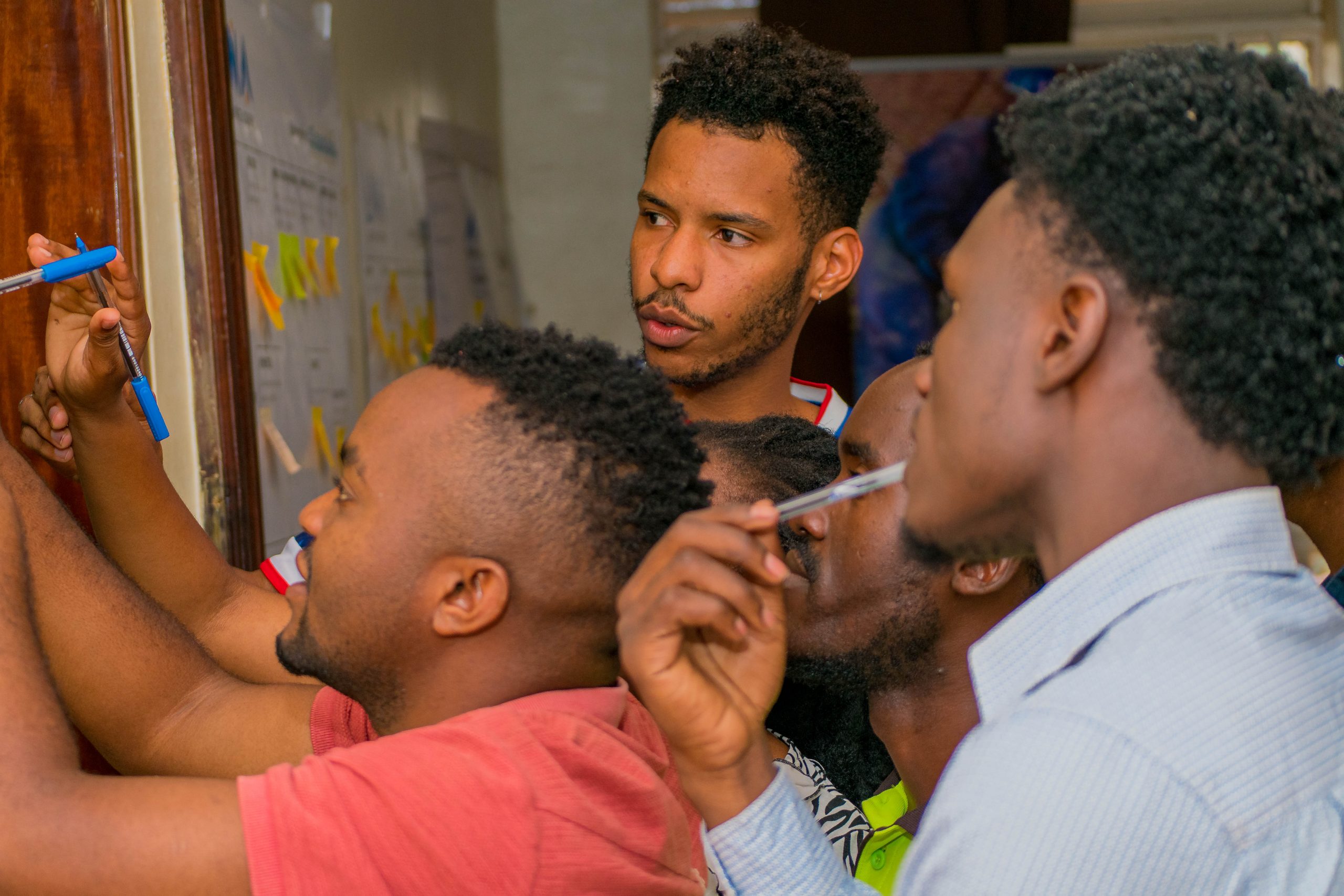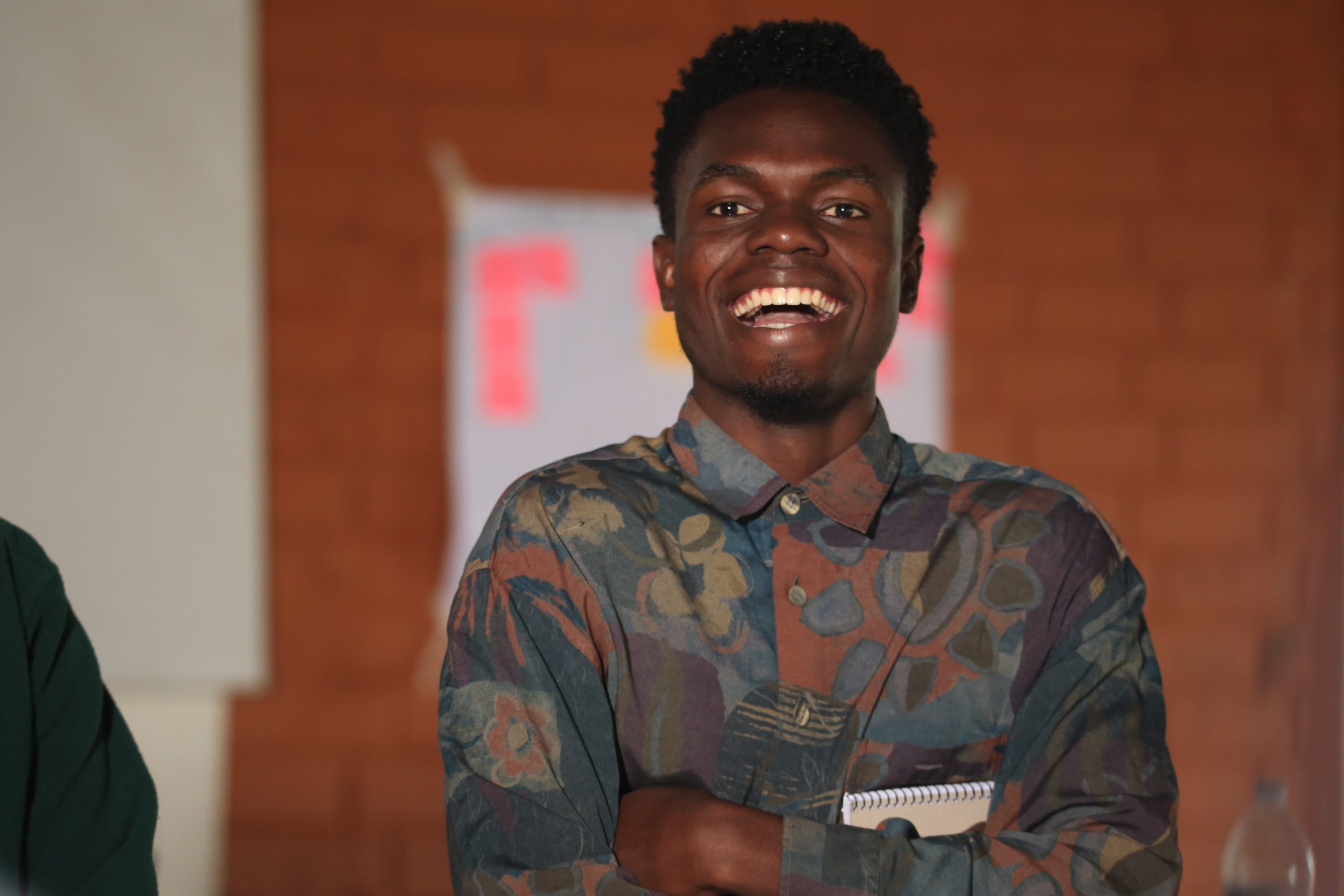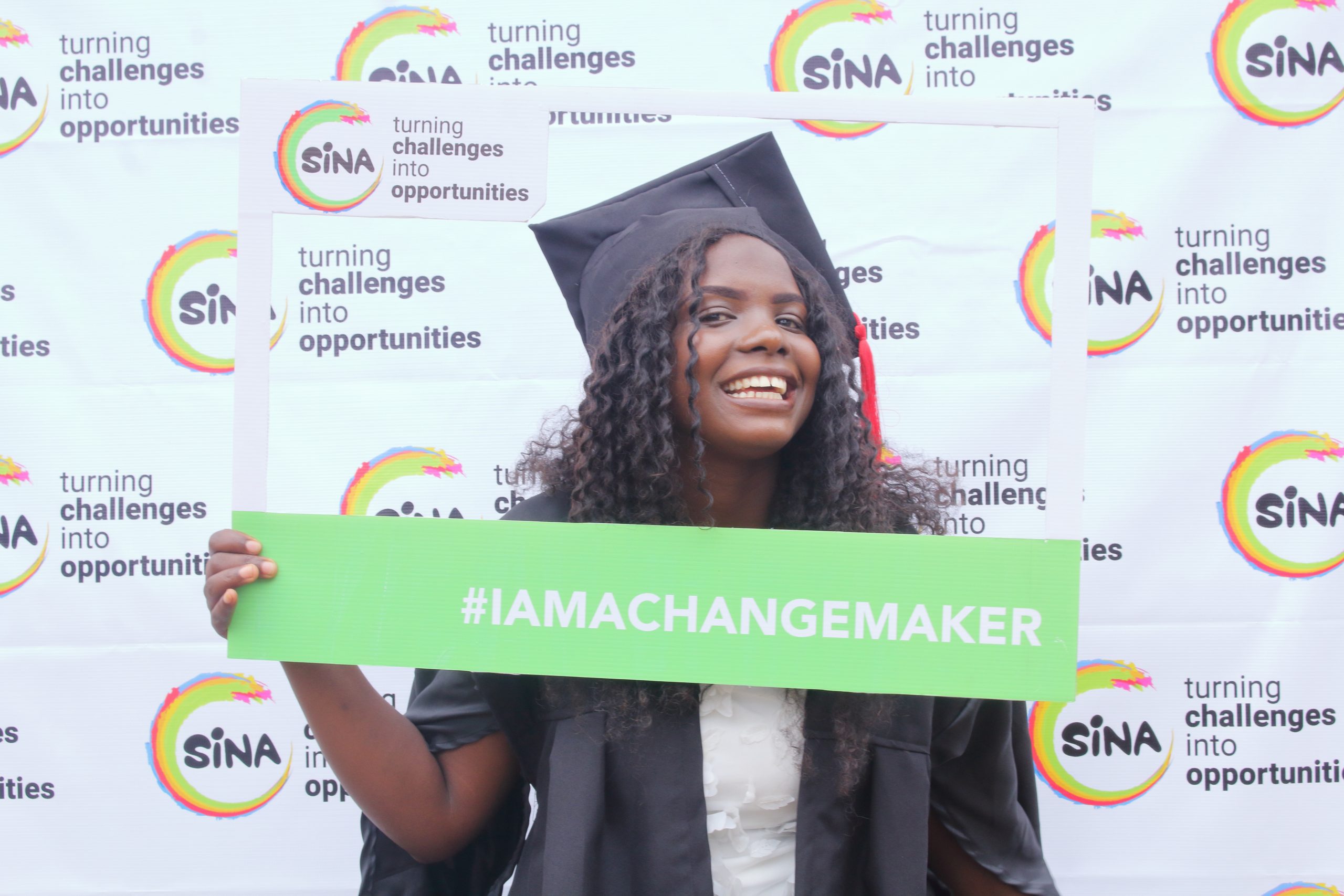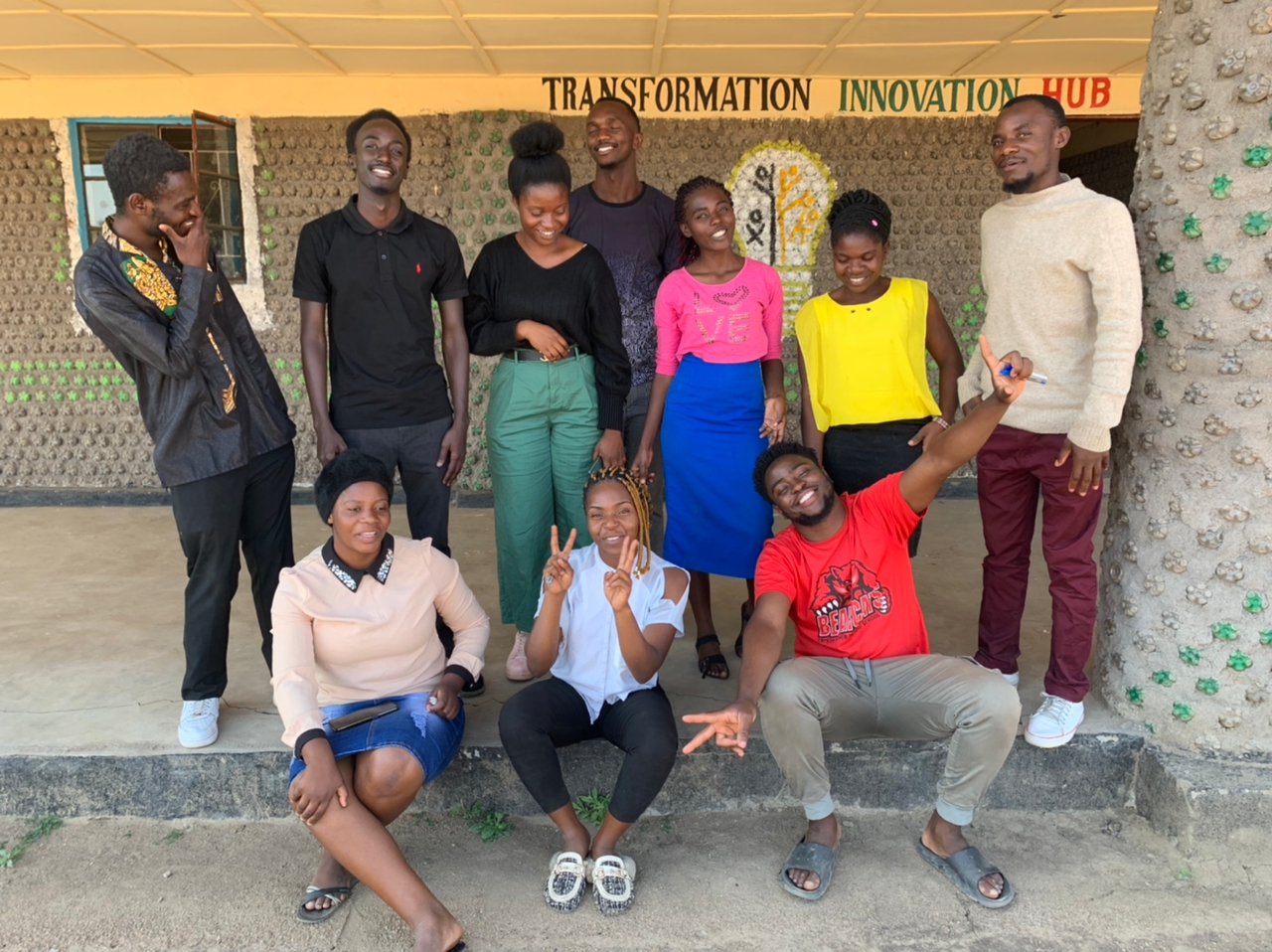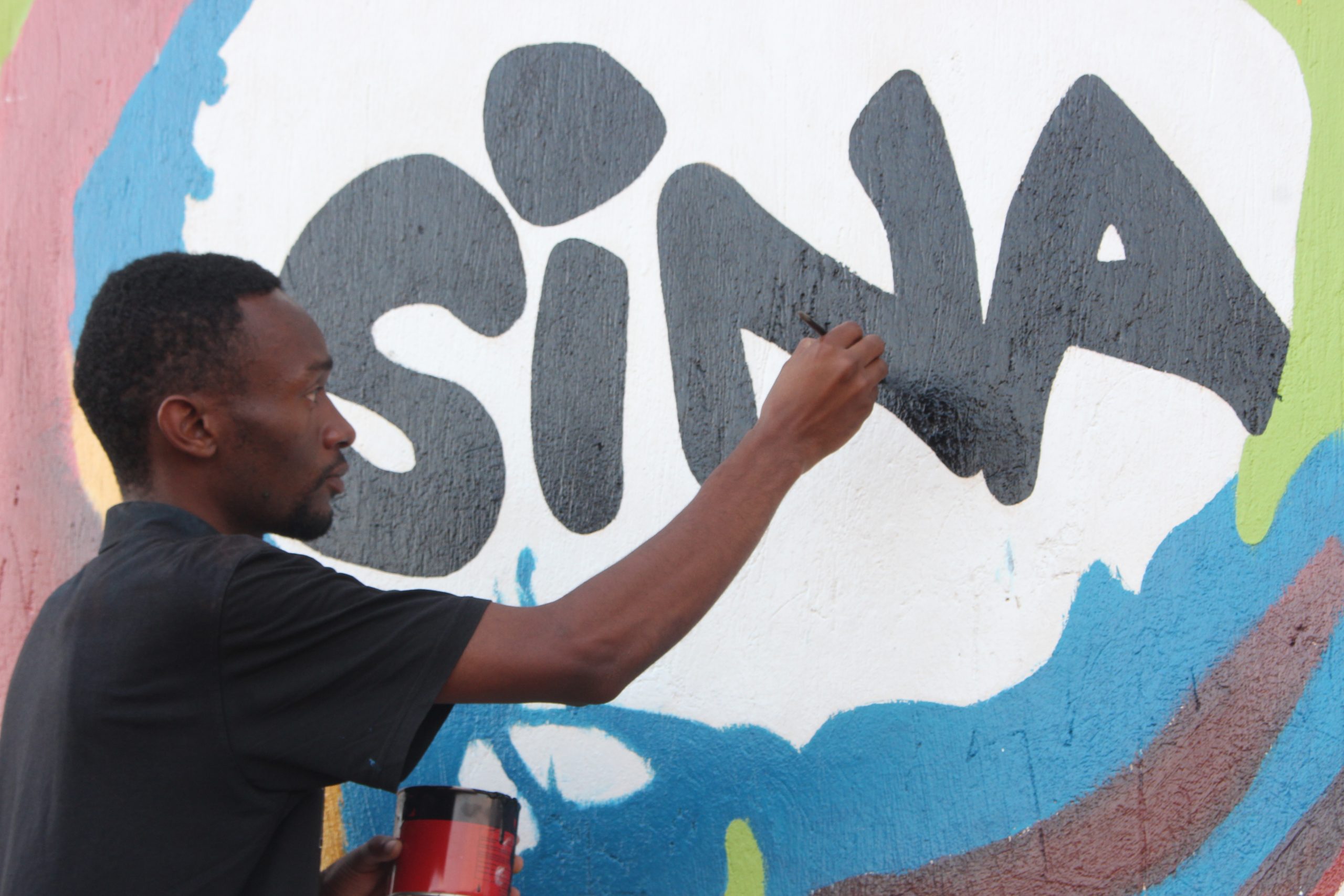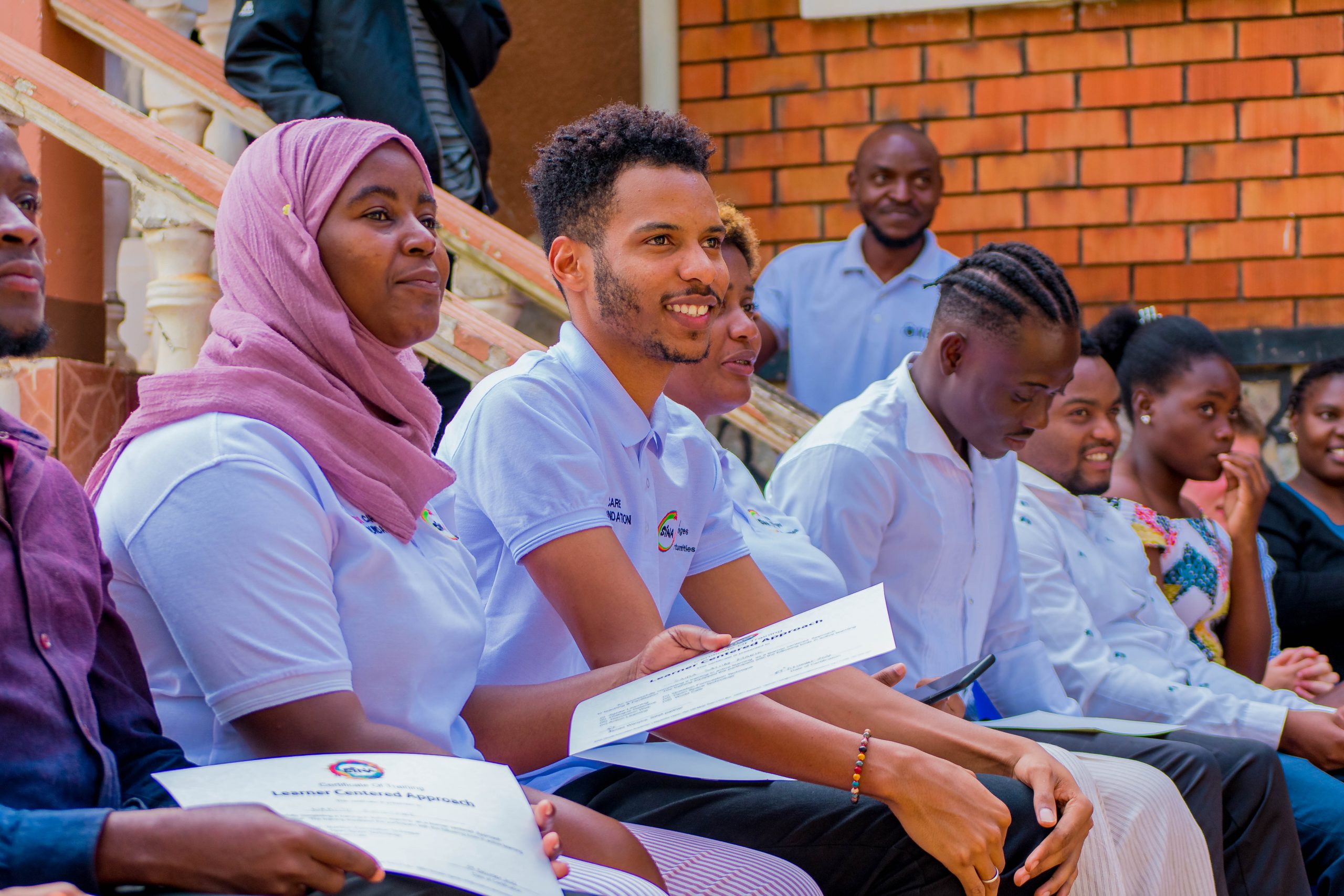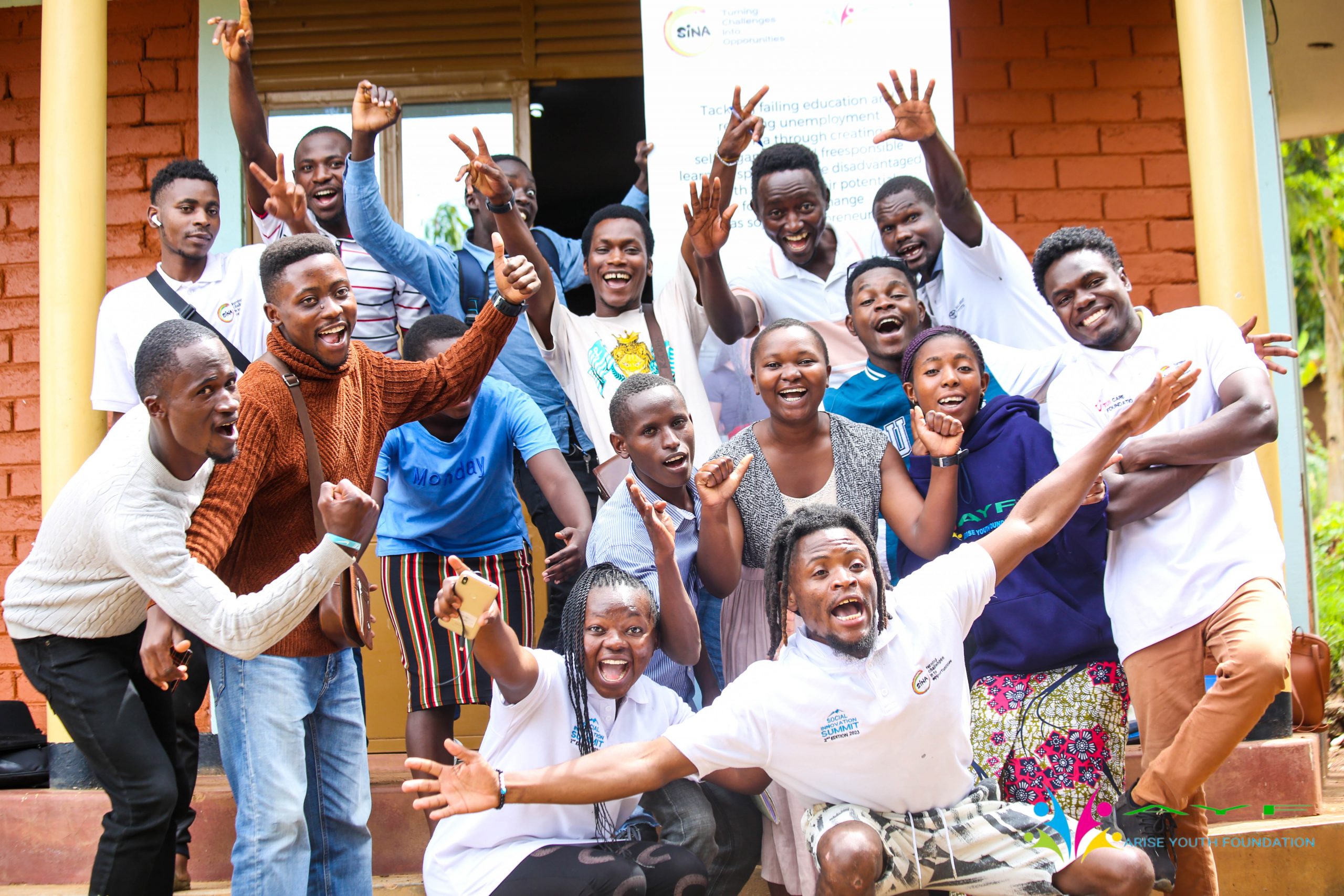
Abandoned youth turn into hopeful social entrepreneurs for a better world
Background
Youth unemployment is one of the biggest problems in Africa, leading to massive insecurity, poverty, and lack of prospects among young people. In Uganda alone, the founding country of SINA, there are approximately 700,000 new job seekers each year, but only 12,000 available formal job positions. The lack of economic opportunities, violent conflicts, and the impacts of climate change have already resulted in 44 million refugees and displaced persons on the African continent.
Etienne Salborn, the founder of SINA, observed these challenges and issues firsthand. At the age of 19, he traveled to Uganda for the first time and volunteered at an orphanage for a year. When he saw that the children there had no further educational opportunities after primary school, Etienne established a nonprofit organisation that provided scholarships for the children.
However, when the first generation of supported children completed their secondary education, they were unable to find employment or pursue further studies. Together with these young people, Etienne therefore developed the Social Innovation Academy, which unleashes the potential of disadvantaged young people and refugees in Africa, transforming them into social entrepreneurs.
Turning challenges into opportunities
The 12 SINA communities in Uganda (5), Tanzania (2), Zimbabwe, Kenya, Congo (2), and Cape Verde are largely managed by the “SINA scholars” themselves, based on the “Freesponsibility” principle. They are between the ages of 16 and 27 and come from various disadvantaged groups, including refugees, orphans, street children, former child soldiers, former prisoners, and former prostitutes. Many have dropped out of school and are labelled “useless” by society. However, SINA’s “Freesponsibility” approach proves that they can thrive when given responsibility and opportunities and space to grow.
In all SINA communities, the initial focus is on “unlearning.” Limiting beliefs, negative self-assessments, and societal prejudices are overcome, potentials are unleashed, and new goals are set. After this initial phase, participants are ready to independently develop their personal and professional skills.
Each SINA Scholar creates their own curriculum based on the roles adopted in the SINA community. Participants take on various responsibilities, make decisions, handle accounts, work in logistics or public relations, and take care of everything needed to collectively operate a SINA community. In doing so, they gain valuable skills and experiences that equip them for their journey as social entrepreneurs and changemakers, and they grow personally and professionally.
New ideas and teams for starting a social business emerge through living in the community and taking on the various tasks. The often traumatic experiences of the participants serve as a driving force for the establishment of social businesses which address problems that the participants themselves may have experienced firsthand. SINA supports them through mentoring and design thinking, trains them in the lean startup approach, and assists in identifying customers/target audiences for their businesses. Regular trainings conducted by former SINA Scholars who are already successfully running their own impact ventures provide practical knowledge and offer valuable experiences and tools to the current participants.
The aspiring entrepreneurs continuously refine their ideas in boot camps to develop a sustainable and robust business model. Once this is achieved, they qualify for the “SINA Accelerator” programme. Here, they receive specialised training as well as seed funding to drive business growth, create additional job opportunities, and maximise the social or environmental impact of their business model. So far, SINA participants have established over 80 social businesses, creating more than 970 jobs.
